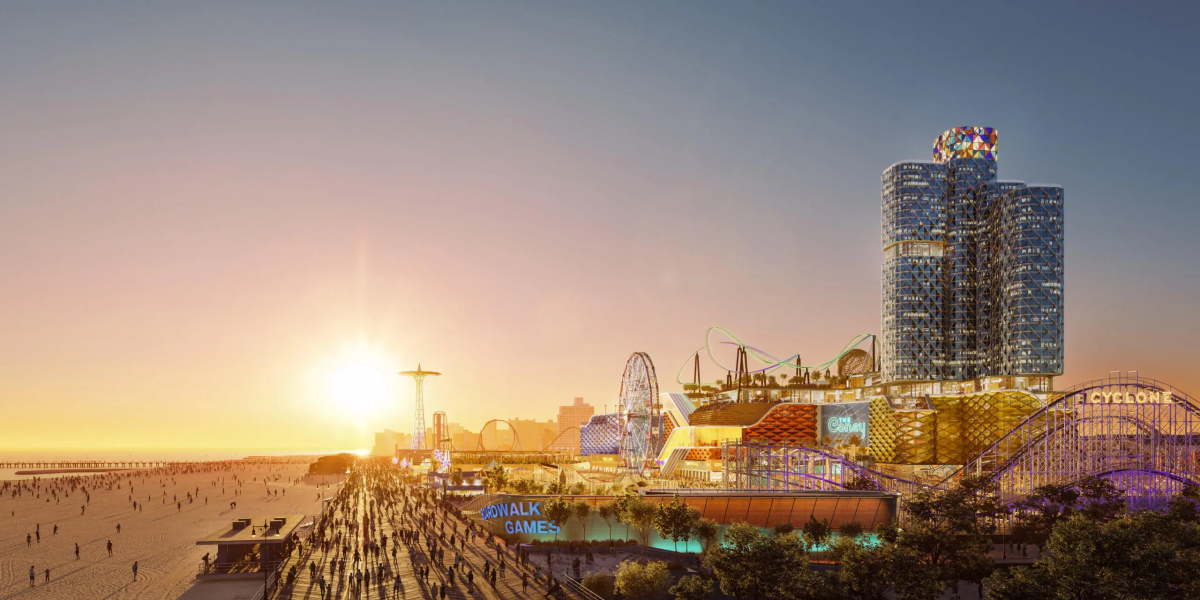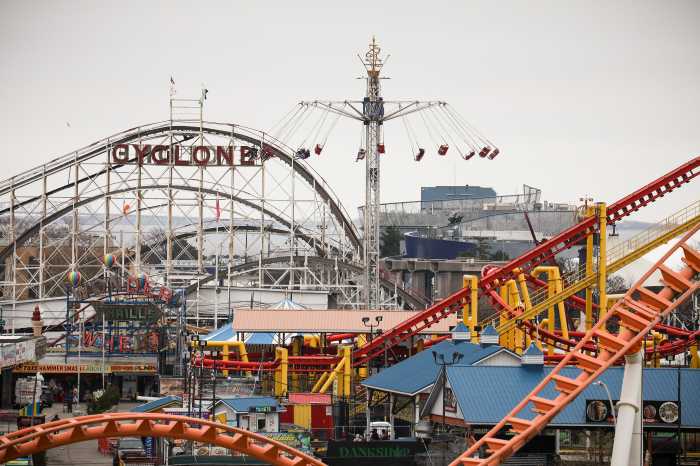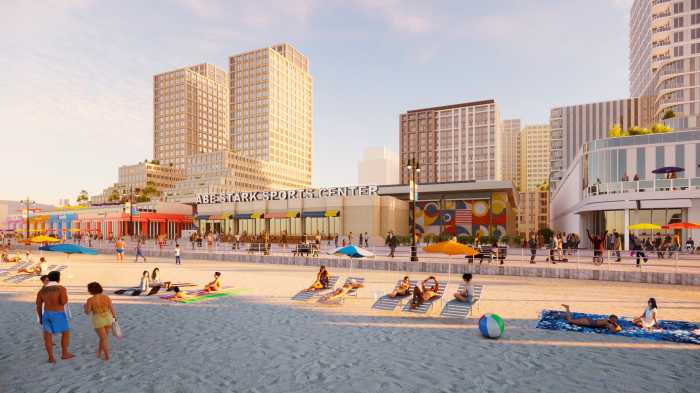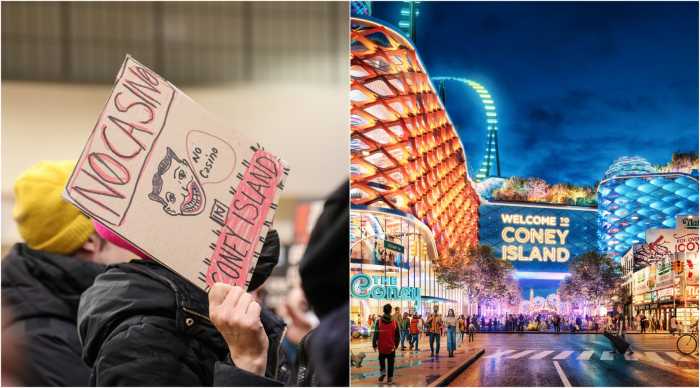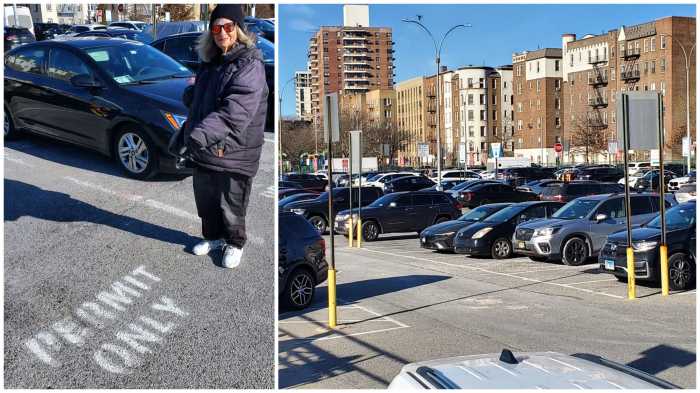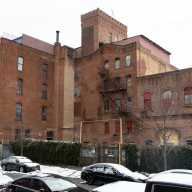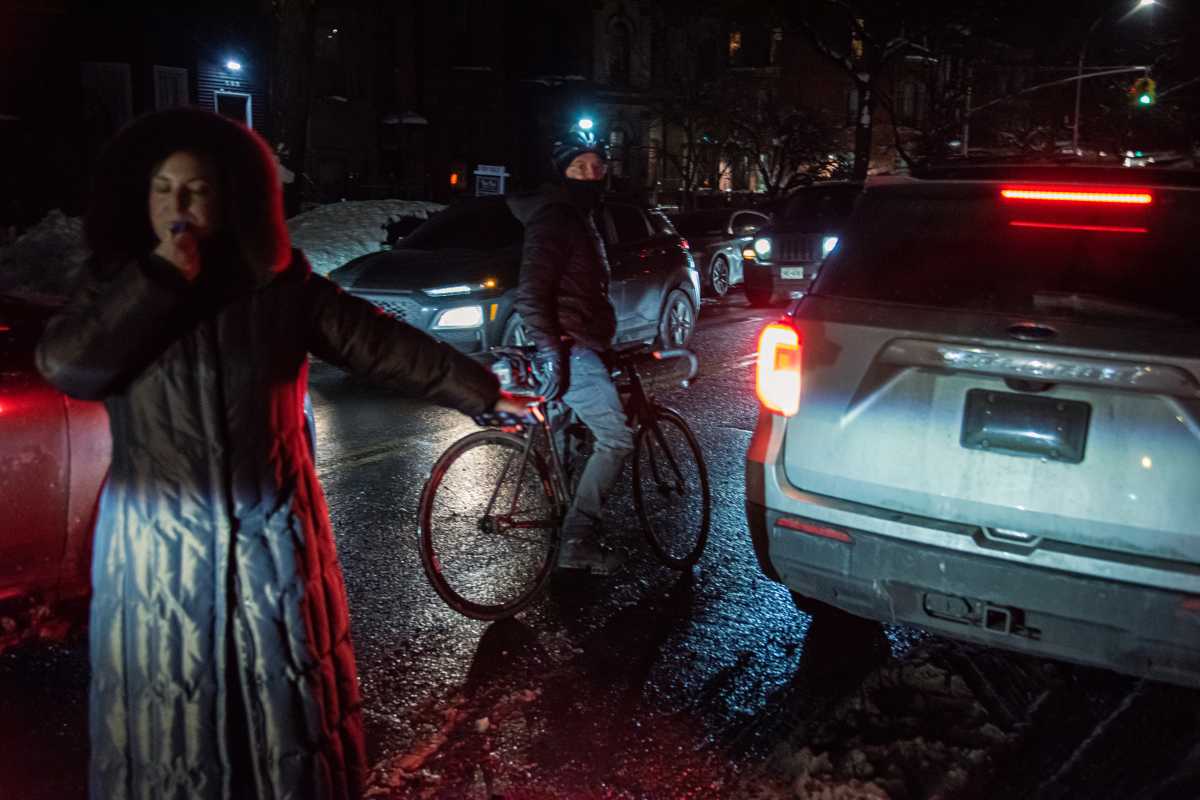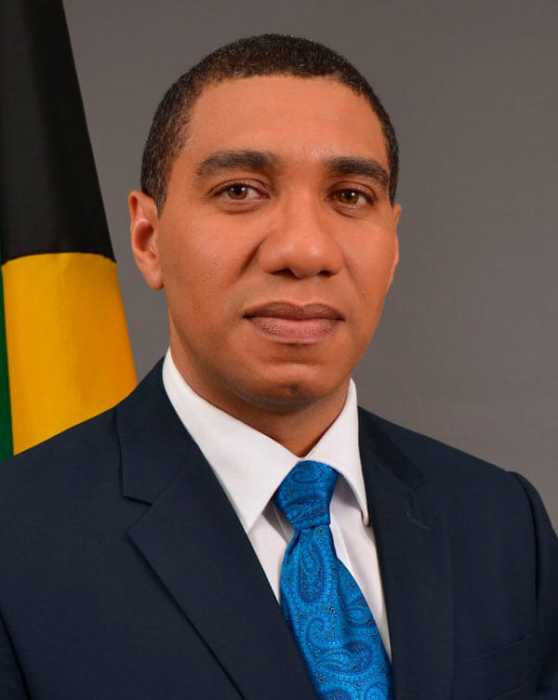The Coney Island Community Advisory Committee officially rejected the proposed gaming complex on Monday, ending a monthlong tug-of-war in The People’s Playground.
The panel voted 4-2 against advancing The Coney’s casino license application on Monday afternoon, a week after four committee members — including chair Justin Brannan — announced their opposition to the $3.4 billion project.
“I hope that we continue to recognize what a unique and valuable place that Coney Island is, and that Coney Island can both receive the investments the people in the community really need, and that we can also protect, preserve and grow the Coney Island amusement area and make sure that Coney Island always remains what it always should be, The People’s Playground,” said CAC member Marissa Solomon. “And with that, I vote no on this application.”
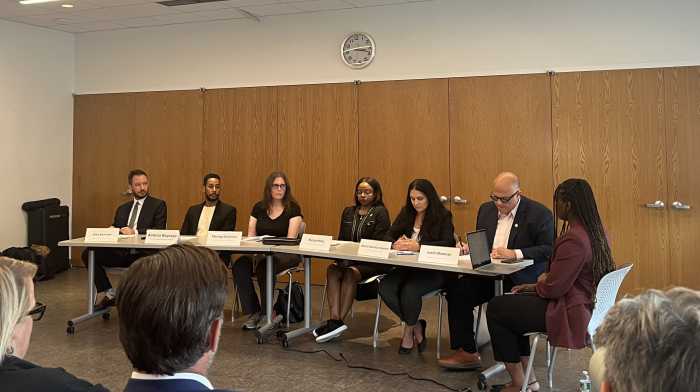
Brooklyn Borough President Antonio Reynoso and state Sen. Jessica Scarcella-Spanton also voted against the proposal. Two committee members, Portia Henry and Alex Sommer, who were appointed by Gov. Kathy Hochul and Mayor Eric Adams, respectively, voted in favor.
A spokesperson for The Coney declined to comment.
The project — spearheaded by local developer Thor Equities — would have spanned 1.4 million square feet beside Riegelmann Boardwalk, with a 500-room hotel, a convention center, restaurants, retail stores, and more. Developers said it would have provided thousands of permanent jobs and promised to create a $200 million community trust fund and invest $75 million in local police, fire and EMS services if approved.
But locals largely slammed the proposal at two contentious public hearings, fearing developers wouldn’t follow through on their promises and that the casino would drive up rent and traffic and force local businesses to close. Solomon said the CAC, which was responsible for assessing public support for the project, had received 921 written comments against the casino and only 17 in favor. Reynoso, last week, said The Coney had “failed to prove itself as a public good” and did not offer enough benefits to the community.
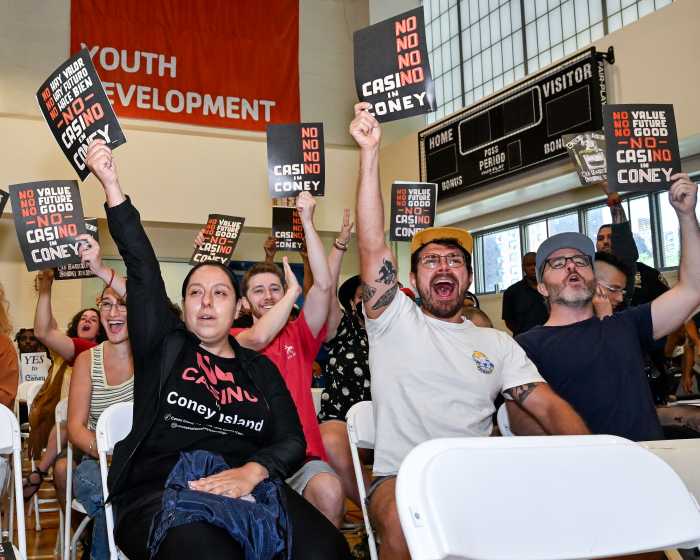
Developers offered last-minute sweeteners in an apparent effort to save the project, promising in early September to allow locals to buy shares of The Coney and to fund the construction of a Coney Island ferry station if it got the license. They later submitted additional amendments to their application, Brannan said at Monday’s vote, offering more jobs for locals, additional funding for emergency services and local nonprofits, and more — including scaling down the two pedestrian sky bridges that would have connected The Coney’s towers.
Reynoso said on Monday that the new benefits may have been more effective if offered earlier in the CAC process, which officially began in July.
“This last minute effort and an inability to truly change minds in this community have made it so that I’m voting nay,” he explained.
With the casino bid rejected, the rezoning that had been approved by the City Council last summer will be reversed.
Monday’s vote, held at the Coney Island Library, drew a small crowd: a handful of casino opponents holding “No Casino in Coney” signs, a few supporters wearing white “The Coney” hats.
Joe Packer, a longtime Sea Gate resident and former City Council candidate who advocated in support of The Coney, saw the rejection as a “missed opportunity” for Coney Island.
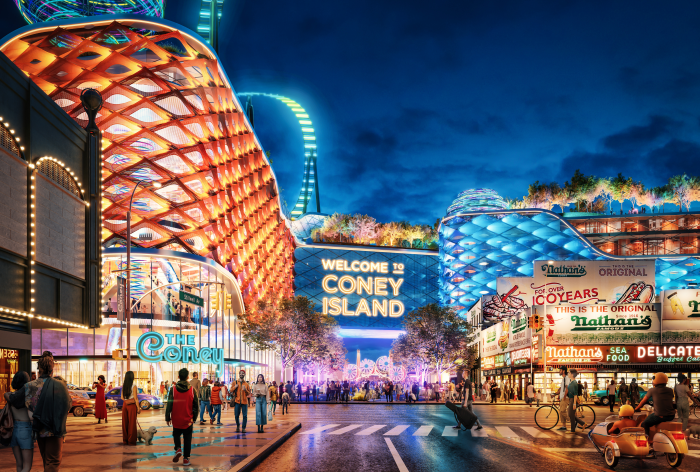
“This was an opportunity to have someone who was a fair broker work with us and be able to really get back,” he said. “And not just saying ‘no,’ because at the beginning of no is always nothing, and that’s what we have now.”
Packer felt local Community Board 13, which voted against The Coney’s land use earlier this year, had “misconstrued everything” and “was giving the community the wrong information.”
As for the lack of public support, Packer said casino supporters could have communicated more efficiently with locals.
“I think we fail a lot of times in communicating to our residents,” he explained. “We have young people that really have to be spoken for … and they speak well for themselves. I think that’s what we fell short at, not engaging them and making sure they come out.”
Lucy Mujica Diaz, a longtime Coney Islander and former chair of CB13, said she was “‘the first one to say no to this casino,” and was “so, so happy” about the rejection. She and other local opponents canvassed against the casino for three years, she said, talking to residents and handing out flyers.

Her initial opposition was born out of “personal reasons,” she said. She worried that a casino would increase taxes on the Coney Island home she’s owned for 35 years, and that she and her neighbors wouldn’t be able to afford the payments.
“Why would you even think that these individuals who have been here for 40-50 years can actually pay this [tax] increase?” she said.
Kouichi Shirayanagi, a longtime Coney Island resident who said he lives just blocks from the proposed casino site, said it was “a very bad project because of the location.”
The peninsula’s roads would quickly become clogged with casino traffic, he said, and he didn’t think a casino is “appropriate” near schools, daycares, and residential neighborhoods.
“There’s a lot of different projects that the site could be used for that would uplift the community and not cannibalize the businesses around it,” Shirayanagi said. “We’re very excited about the future of our neighborhood, and we’re very excited about working with our elected officials to create the Coney Island that we want to have.”
Local arts nonprofit Coney Island USA hosted a celebratory “funeral” for The Coney on Monday night, sending off a project it had spent three years fighting against.

“It took a group of dedicated grassroots activists to take down a multimillion-dollar effort,” Coney Island USA artistic director Adam Rinn told the crowd. “Which consisted of paid lobbyists, paid advocates. Lobbyists who pocketed thousands upon thousands of dollars to sell a pack of lies. Lobbyists who pocketed that money despite the fact that they were complete failures.”
Eight proposed casinos had been fighting for three new state gaming licenses. As of Sept. 29, four had been rejected — The Coney and all three Manhattan casinos. Resorts World in Queens, Bally’s in the Bronx, and Empire City in Yonkers will move on to the next round of consideration, with the Metropolitan Park CAC slated to vote on Sept. 30.
CAC members appointed by Adams and Hochul have voted “yes” on all four rejected proposals.
Sommer, Adams’ appointee to The Coney’s CAC, said the mayor’s office believes casinos “can serve as major economic development initiatives, creating good-paying jobs and delivering benefits to the city, region, and local communities.”
This is a breaking news story and will be updated. Last updated 9/30/2025, 11:46 a.m.


